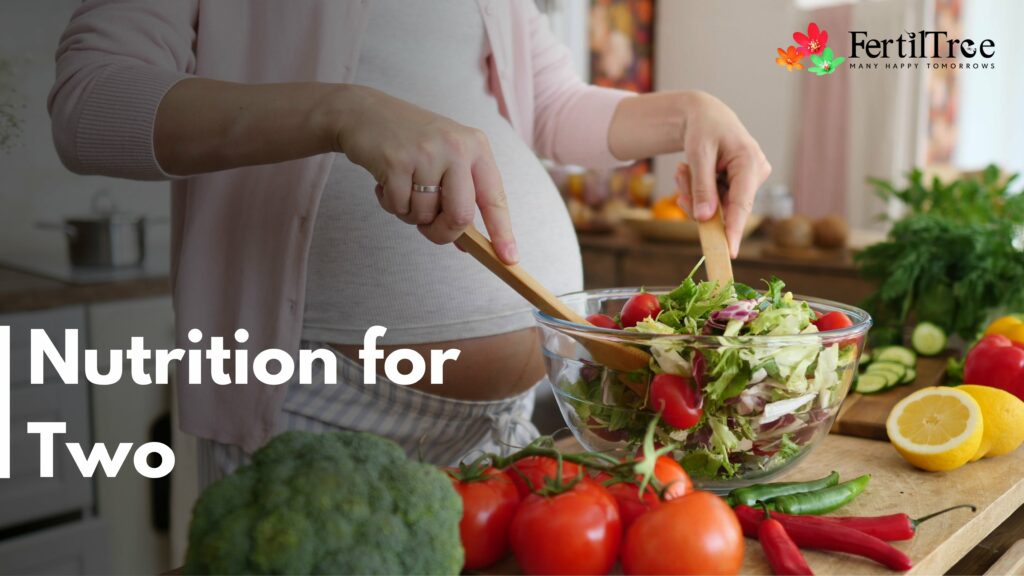
So you’re planning to grow your family — that’s exciting! But before the ovulation trackers, doctor visits, and lab reports kick in, here’s a powerful truth: What you eat today lays the foundation for your future baby’s health.
Whether you’re preparing for natural conception or assisted treatment like IVF, your diet can influence your fertility, hormone balance, egg and sperm quality, and overall pregnancy outcomes. And no — it’s not just about women. Nutrition is a two-way street.
Q1: “We eat okay… do we really need to change anything?”
Here’s a quick check:
– Is breakfast often skipped or replaced with chai?
– Are processed snacks and sugar your energy boost?
-Is your meal mainly Rice and Dal?
– Is dinner usually rushed or late?
If any of these sound familiar, some gentle upgrades to your meals could go a long way. The preconception period is your golden window — treat your body like it’s already pregnant.
Q2: What are the best foods to eat when trying to conceive?
Focus on natural, seasonal, nutrient-dense foods. Think:
– Leafy greens (spinach, fenugreek, moringa) for folate and iron
– Fruits like Apple for fibre , citrus for Vitamin C , and berries for antioxidants
– Whole grains (millets, oats, brown rice) for B vitamins
– Nuts and seeds (almonds, walnuts, flax, sunflower) for omega-3s and zinc
– Eggs, pulses, paneer, fish for protein and healthy fats
– Dahi or curd for gut health
Q3: What should we avoid or limit?
– Excess tea or coffee (limit to 1–2 cups/day)
– Deep-fried, overly spicy, or heavily processed food
– Sugary treats and packaged snacks
– Alcohol
– High-mercury fish (like surmai and tuna steaks)
– Crash diets or extreme cleanses
Q4: Isn’t this mostly for women?
Absolutely. Up to 40% of infertility cases have a male factor component. Diet can directly affect sperm count, motility, and DNA quality.
Men should focus on:
– Zinc (found in seeds, eggs, whole grains)
– Selenium (in nuts and whole grains)
– CoQ10 and antioxidants to protect sperm health
Also, watch out for certain protein powders or supplements that may harm testosterone levels.
Q5: Should we take supplements?
Yes — but only after consulting your fertility specialist.
Supplements can fill nutritional gaps, but they aren’t one-size-fits-all. Taking the wrong dose or combining supplements without proper guidance can interfere with hormone balance or fertility medications. Your doctor will tailor them based on lab results and your treatment goals.
For women, your fertility expert may recommend:
– Folic acid
– Vitamin D
– Omega-3 fatty acids
– Coenzyme Q10 (CoQ10)
– Healthy fats – include ghee (in moderation), soaked nuts, seeds, avocados, and extra virgin olive oil
For men:
– Zinc & selenium
– CoQ10
– L-carnitine
– Antioxidants (Vitamin C, E)
Bottom line: Don’t start any supplement — even if it’s “natural” or “popular” — without checking with your fertility doctor. Supplementation should always be personalized, not trend-driven.
Q6: How soon should we start focusing on our diet?
Ideally, 3 months before conception. Egg and sperm development cycles take about 90 days, so the choices you make today are already shaping your future child.
Even if you’ve already started trying, every positive change from today counts.

